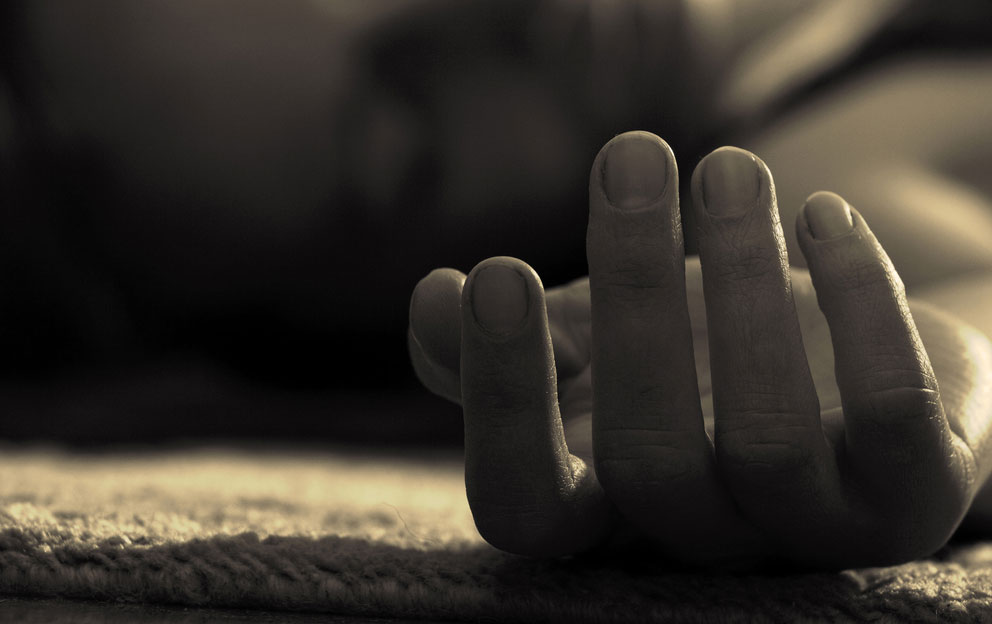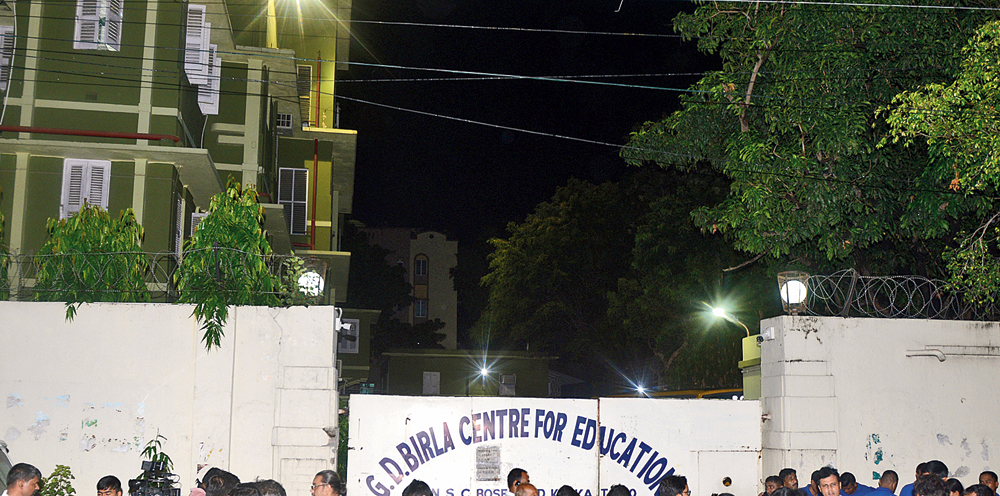There are few tragedies greater than a child’s suicide. There is something deeply amiss in the society she inhabits that leads her to depression and self-harm. Yet, targeted accusations in each tragic case may not be useful or revelatory; the thinking needs to be directed at the roots of a value system gone askew. The suicide of a teenage girl in a school washroom recently prompted the Calcutta High Court to express its concern at the apparent repetition of tragic and alarming incidents in schools. The court enquired after the practical measures that are expected to ensure the students’ safety and mental health, and ordered the West Bengal government to submit a report on whether all schools have toilet attendants, adequate washroom facilities and counsellors. Since the child who died had been missing from class for a while, the court also asked if it would be possible to record attendance for each class.
In November 2018, the court under the judge, Nadira Patherya, had ordered all educational institutions in the state to appoint counsellors in a phased manner. Not only should children feel free to talk to someone when in distress, but a trained counsellor would also be able to discern signs of stress even when a child cannot articulate her problem. Does the state have so many trained child counsellors and can all schools afford them? Perhaps it is time to attach greater value to lessons in psychology given to teachers when they are in training. Washroom attendants, closed-circuit television cameras are all helpful in ensuring safety and, therefore, always welcome, but dependence on extraneous presences may not be a practical solution in the long run. Multiple pressures generated by a changing society are destroying much of the balance of childhood, apart from the fact that not all schools can bring in multiple CCTVs to keep constant watch on pupils. Are only city schools the focus of concern? The solutions tend to be city-centred, but pressures are surely not limited to urban segments. Besides, a balance must be sought between safety and confinement. Excessive monitoring may also make children unhappy.












